Automatic language translation
Our website uses an automatic service to translate our content into different languages. These translations should be used as a guide only. See our Accessibility page for further information.
At DCJ we can make a huge difference in the lives of Aboriginal families and communities in NSW. That’s why we want Aboriginal people to have a strong voice when making decisions about their children, their families, and their future.
By having more Aboriginal staff in DCJ we can build staff’s capability to work with communities in a way that builds trust.
That’s why we need you. That’s why we want you. That’s why we’ll achieve so much more if you’re here with us.
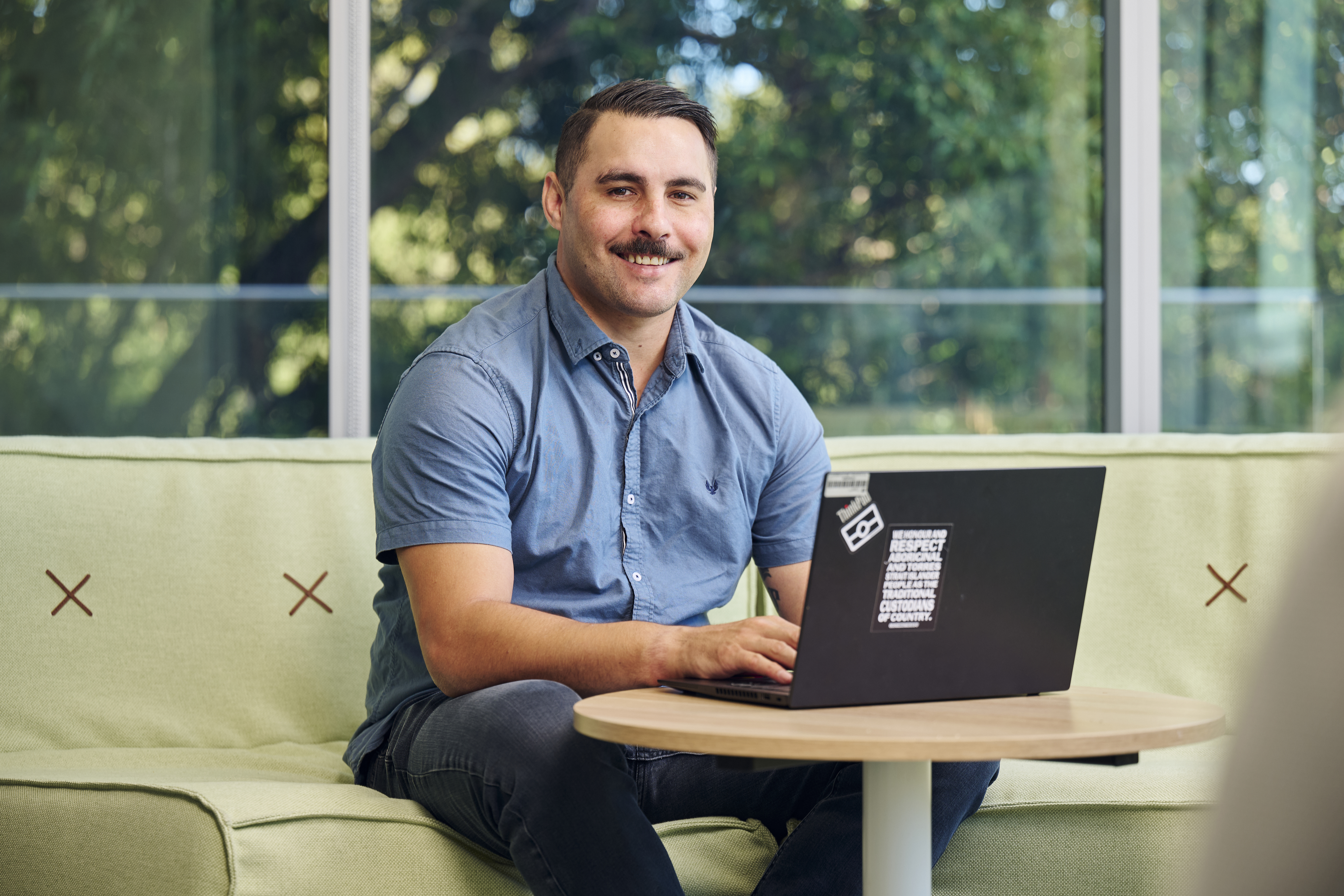
Why become an Aboriginal Child Protection Caseworker?
Why become an Aboriginal Child Protection Caseworker?
Being an Aboriginal Caseworker, you're able to support the families in the best way that we can.
I don't make decisions on my own, there is a diverse group of practitioners with ample amount of experience and knowledge.
So DCJ supports Aboriginal staff by allowing our Aboriginal Caseworkers to attend things like our Aboriginal reference group meetings.
We have cultural supervision, we have professional supervision, we have different teams within the district that can support us.
We need more Aboriginal Caseworkers. We need them to guide how we work with our Aboriginal families.
The more Aboriginal staff we have in DCJ, we get the best support that they need.
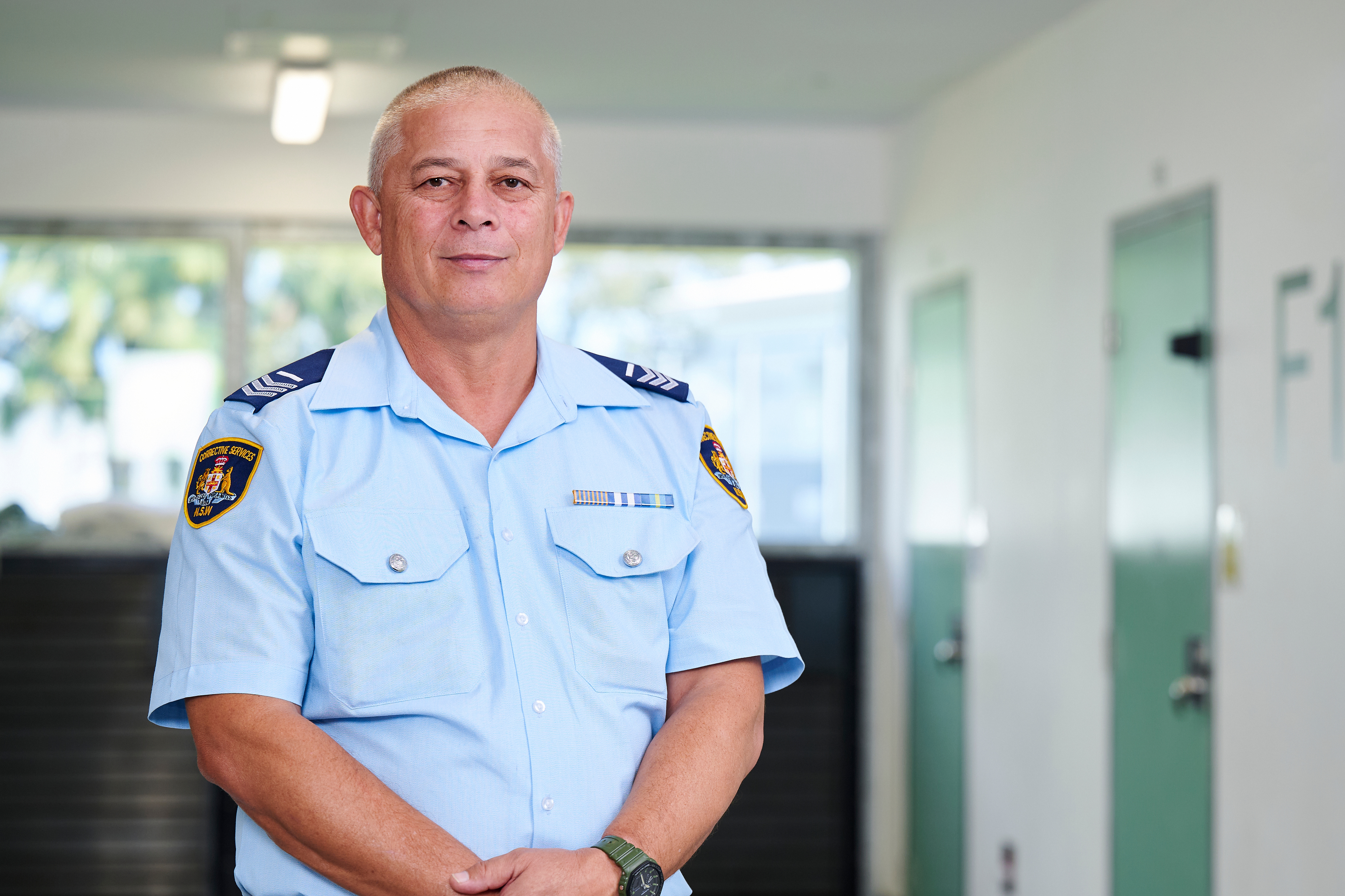
Why do we need more Aboriginal Correctional Officers?
Why do we need more Aboriginal Correctional Officers?
To be an Aboriginal Correctional Officer can be a bit complicated, but I don't have any issues at work just because I'm an Aboriginal.
My career path started off as a Storeman. I changed over and I became an Overseer.
I would say I've had a lot of opportunities and there's plenty of career paths.
I go to work every day and I get the opportunity to help people.
For me no two days are the same every day is different.
I enjoy the variety it's excellent.
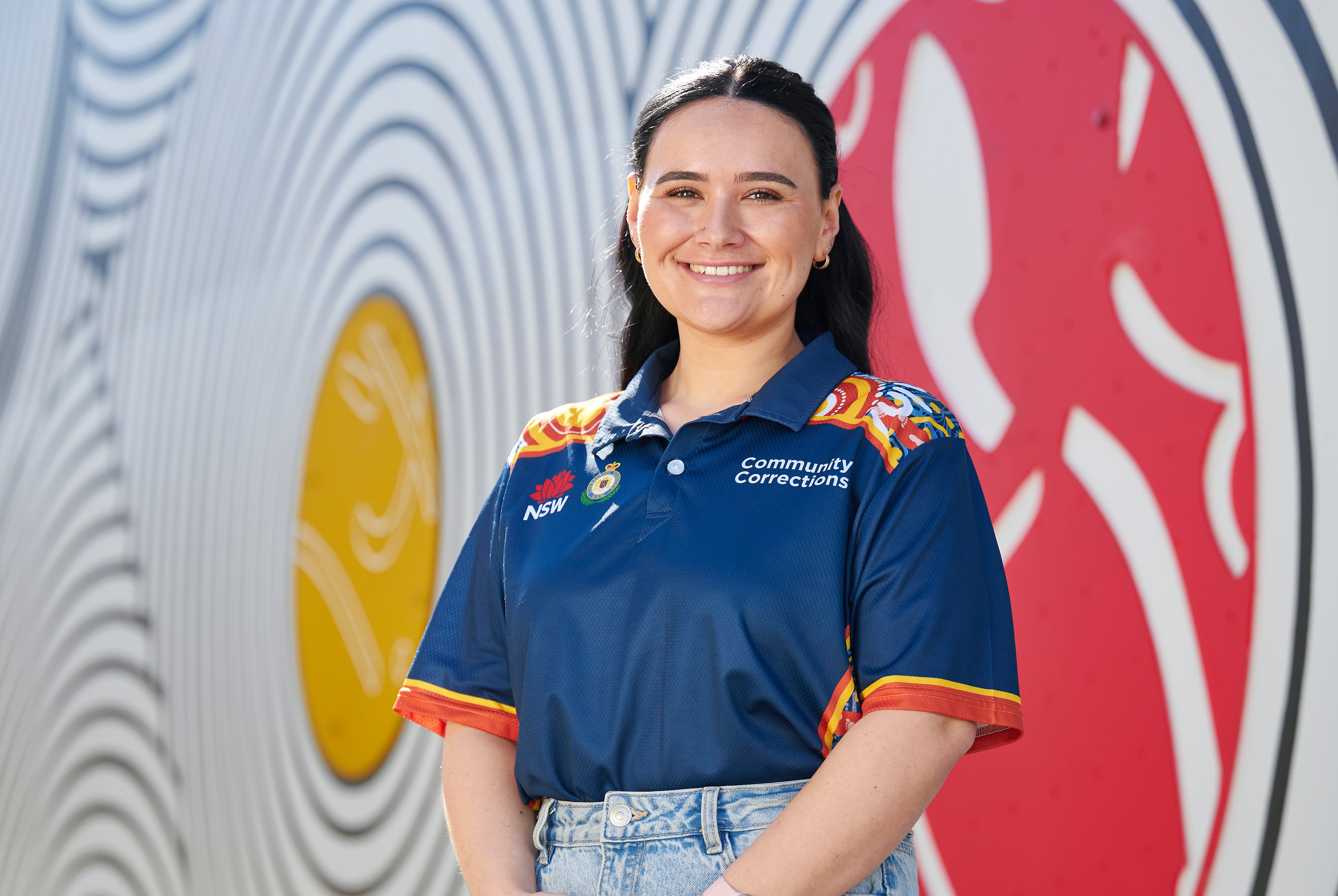
Why is shared culture important as an Aboriginal Community Corrections Officer?
Why is shared culture important as an Aboriginal Community Corrections Officer?
Being able to get involved and help people and encourage them to be their best selves, it's really rewarding.
I love that we get to spend our time in the office and on the road, it makes every day different you don't feel like you're getting bored ever.
Working with Indigenous clients is really important to me, I have a real understanding of their background and what's really important to them.
We really live for the small wins because change doesn't happen overnight.

Brendan Thomas, Deputy Secretary of Transforming Aboriginal Outcomes here at the Department of Communities and Justice explains why we need more Aboriginal people working with us at DCJ.
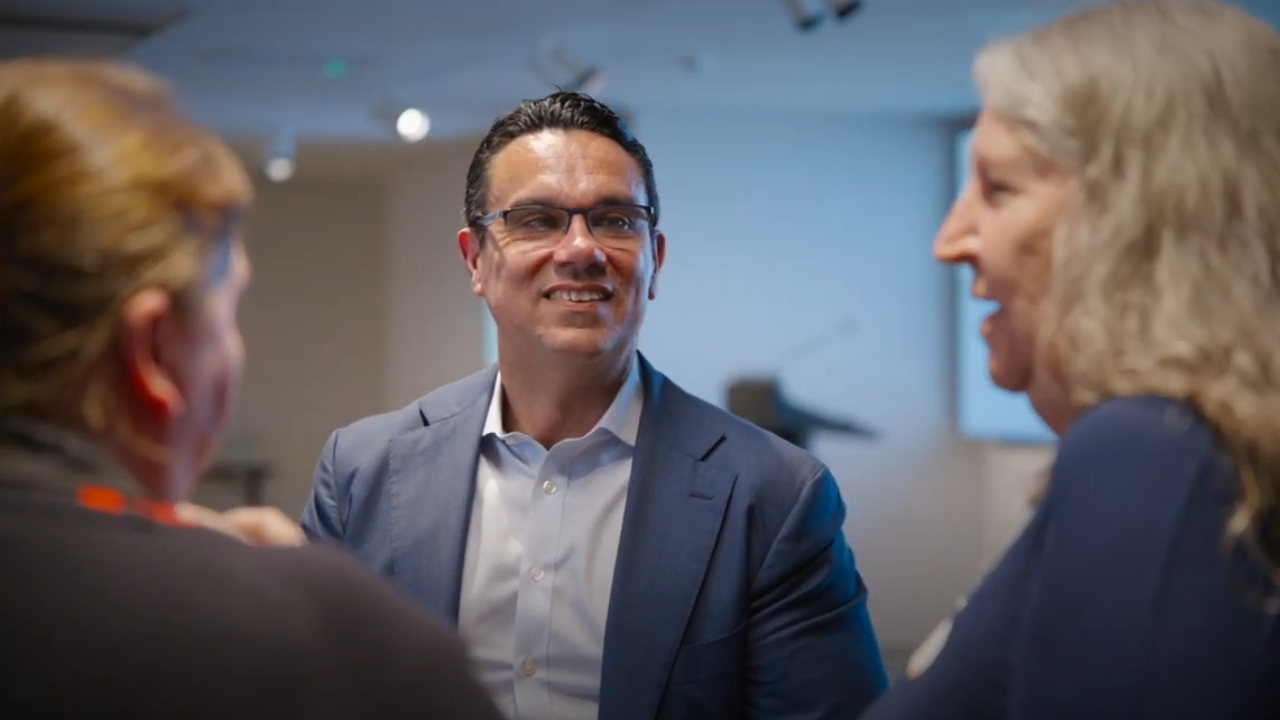
(Video begins with uplifting music and Brendan talking to different Aboriginal colleagues in the office)
Brendan Thomas: My name's Brendan Thomas, and I'm leading Transforming Aboriginal Outcomes here at the Department of Communities and Justice. We need more Aboriginal people working with us here at DCJ.
(Different DCJ Aboriginal staff are having conversations).
The work that we do profoundly touches the lives of so many Aboriginal people and families across New South Wales.
(NSW map is shown with different locations highlighted)
In housing, in the care and protection system, (Aboriginal man looks at casework practice webpage), in the welfare of children and right throughout the criminal justice system (footage inside of courtroom).
Unfortunately, our mob is over-represented in all of those areas and we really need to make some profound change.
(Aboriginal men and women talking to young men in Youth Justice).
The only way we're going to do that is with you. If you come and work with us and help us make the change that we need for our families, we'll make profound differences for our people in our community.
(Footage of corroboree at Youth Justice).
With you working for us, we can put our culture at the center of what we do, we can make sure that Aboriginal voices are making decisions for Aboriginal clients, we can make sure our communities trust the services that we provide, and we can really reform the services we provide to aboriginal people (young Aboriginal mum feeds baby) to make the difference that we want to make for our communities and build a positive future for our people. We need you to come and work with us because nobody knows our families like we do.
(Faces of different Aboriginal staff and families are shown smiling to camera).
(Music fades and animated NSW government logo appears)
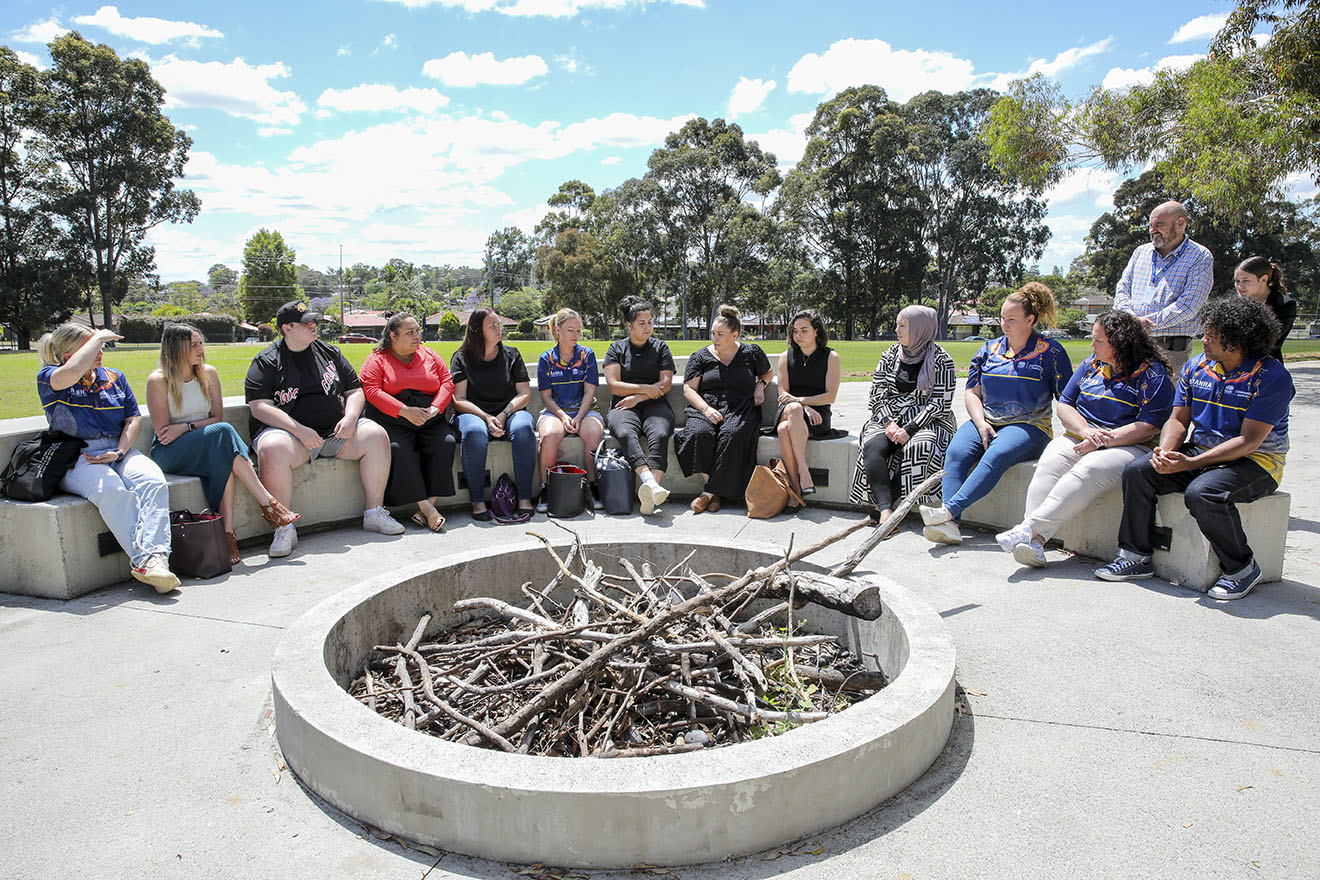

We have a variety of different programs for Aboriginal job seekers, including pre-employment programs.

DCJ offers school based traineeships for Aboriginal students where the student learns about the industry and job while getting hands-on experience.



DCJ offer full time traineeships for Aboriginal people, providing job opportunities for young people and/or mature aged jobseekers.

Paid employment in a graduate and/or cadetship program for Aboriginal law graduates and students.

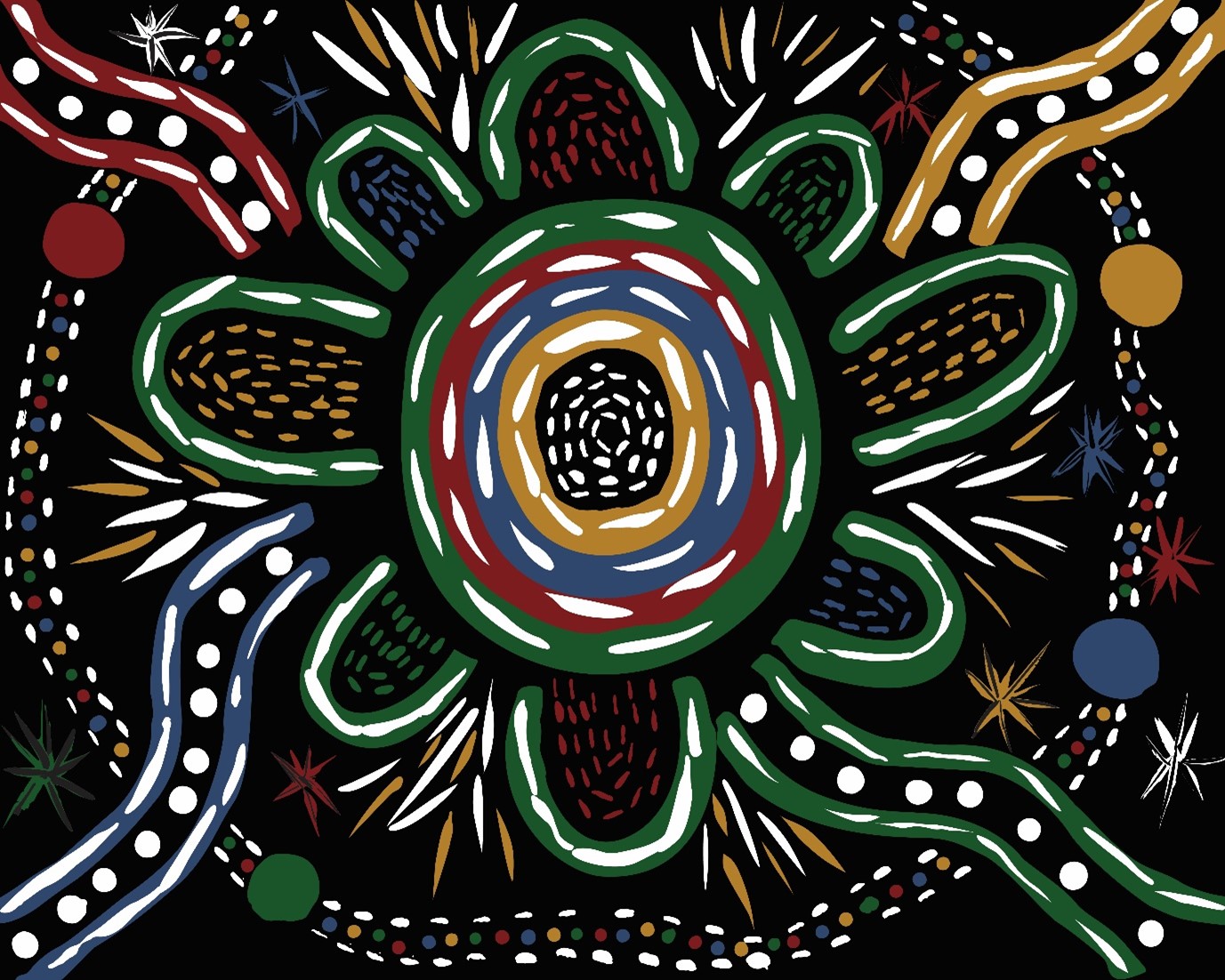

Pathway to employment in Courts, Tribunals and Service Delivery for Aboriginal and/or Torres Strait Islander peoples.
Building an inclusive, respectful, culturally capable workforce that supports and values Aboriginal and/or Torres Strait Islander people and their culture.

Learn about Kuyan's story working at Youth Justice and how he supports Aboriginal young people.
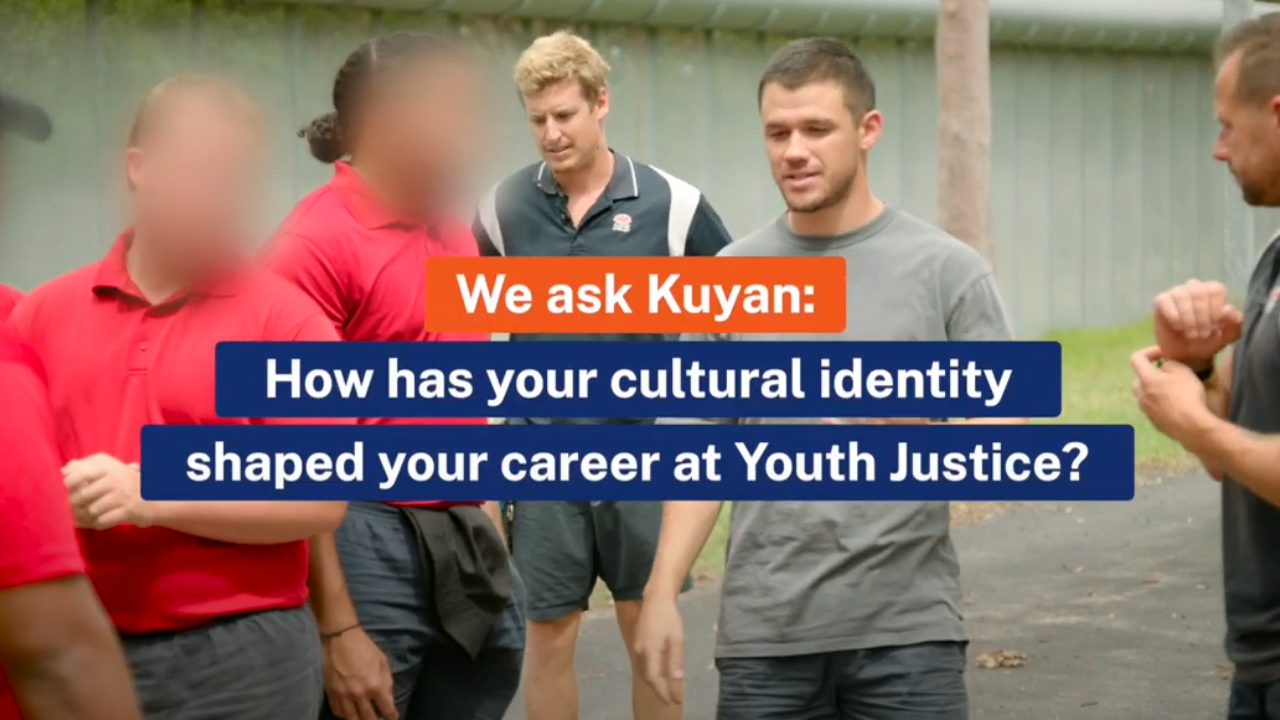
How did your cultural identity shape your career at Youth Justice?
How did your cultural identity shape your career at Youth Justice?
(Video begins with title, uplifting music and footage of Kuyan talking to a group of young Aboriginal men in Youth Justice.)
Kuyan: I'm a Wiradjuri Ngunnawal man on my mother's side, a Bundjai man on my father's side. I grew up in Cowra in Central West New South Wales.
(Cowra signge is shown with text ‘Welcome to town of COWRA’)
I moved up to Sydney my teenaged years. But I've always had a strong connection to where I'm from.
(Aboriginal flag is shown and pans to Aboriginal artwork)
It's really important to me that the boys here that we work with can have that same sense of connection.
(Young Aboriginal men are shown in a yarning circle, with one man hitting two boomerangs against each other)
My cultural identity, my family, where I'm from, is really important, and I try and build that with the boys here as well.
(Cowra corroboree shown with Aboriginal man placing ochre on Aboriginal kids)
There is that focus on the wholistic care of the boys. It's learning about our culture here and where we're from.
(Smoking ceremony and yarning circle shown).
It'll hopefully bring positive change to set themselves up on the outside to be independent Aboriginal men.
(Kuyan and his Aboriginal male colleague smile to camera)
(animated NSW government logo appears and music ends)
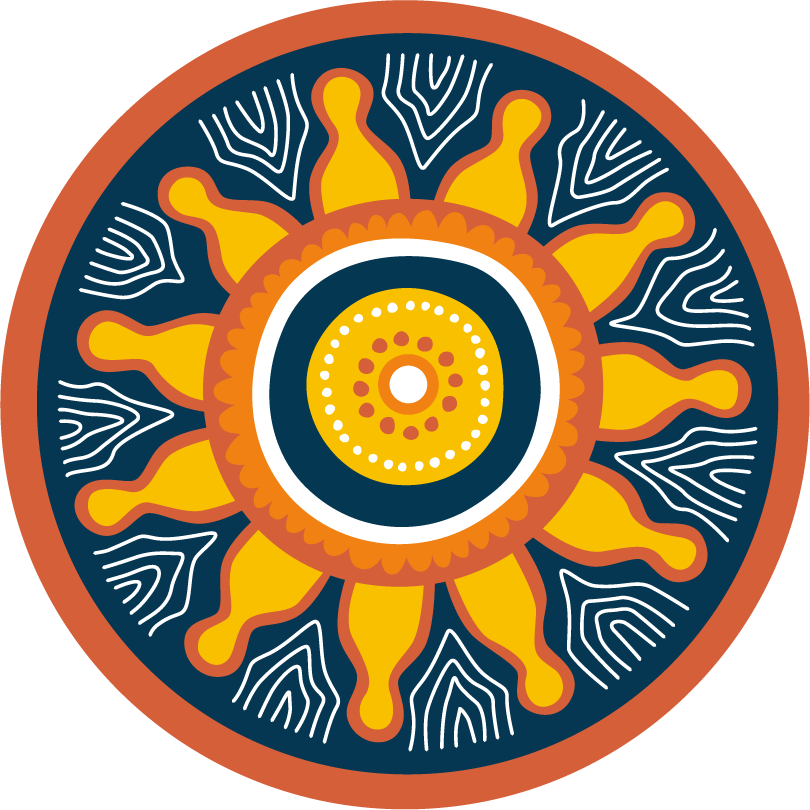
Learn the difference between Aboriginal identified roles and targeted recruitment positions.
Identifying rolesFind what interests you and suits your skills and experience. Search for current job opportunities.
Finding a jobGet the documents together that you might need, for example confirmation of Aboriginality.
Documents you needFind out how to apply and what to include in a cover letter, resume, and other documents.
Applying for a jobWhat to expect when asked to do capability-based assessments and interviews.
Assessments and interviewsWhen successful, your offer will be confirmed in writing. If unsuccessful you can request feedback.
Getting the jobAboriginal and Torres Strait Islander people are encouraged to apply for any roles with DCJ. Find a role where the positive impact of Aboriginal staff is valuable, and your lived experience is vital.
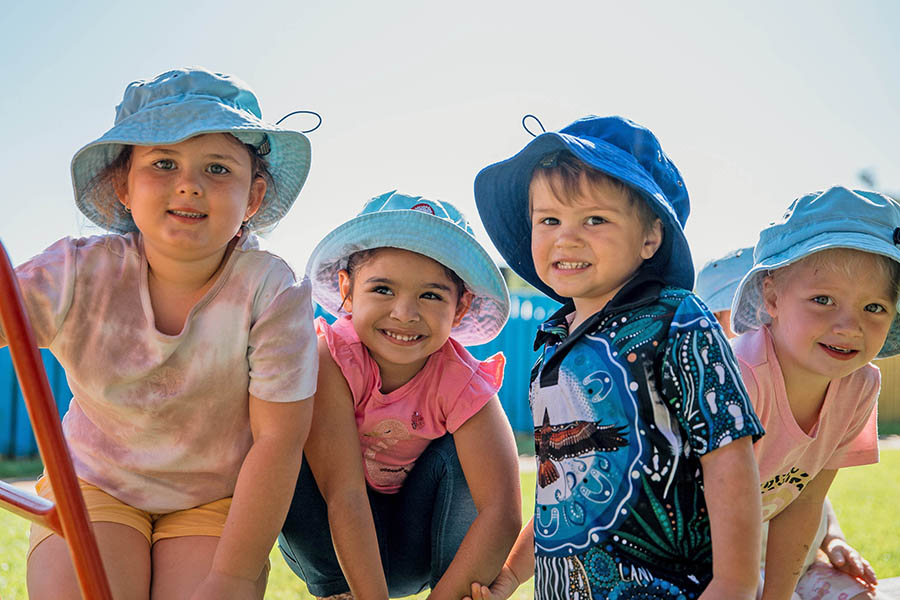

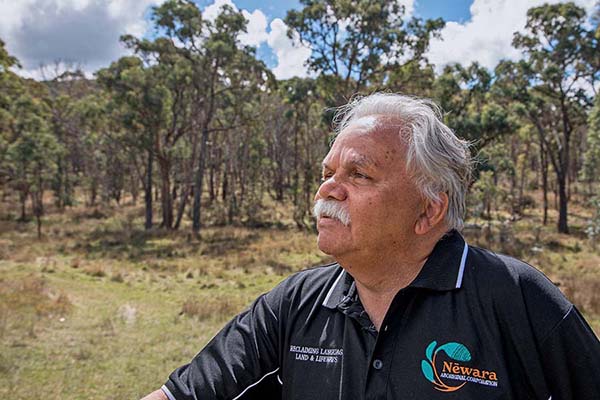
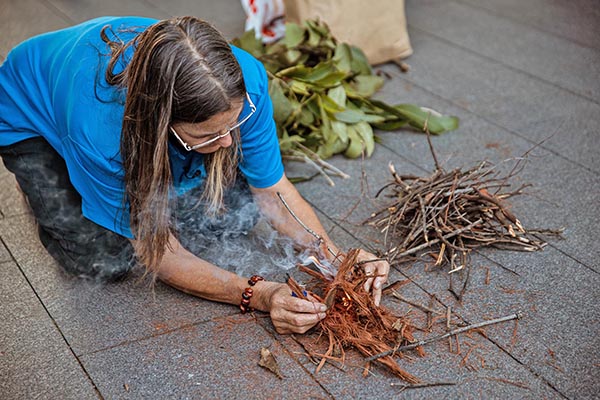
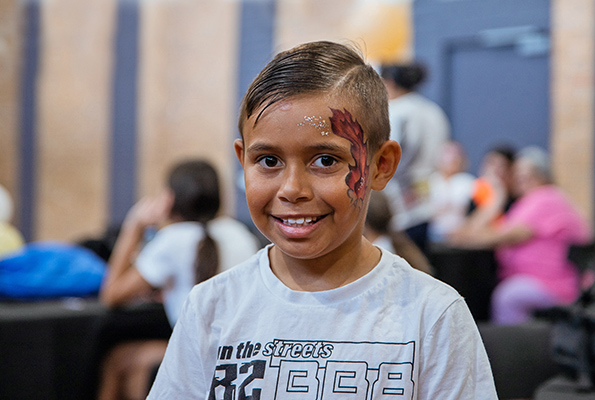
Please note that at DCJ we commonly use the word "Aboriginal", recognising that Aboriginal people are the original inhabitants of NSW, the part of Australia we are responsible for. We acknowledge and respect that Torres Strait Islander people are among the First Nations of Australia and that both Aboriginal and Torres Strait Islander people are an important part of our staff and the communities we work with.
12 Mar 2025